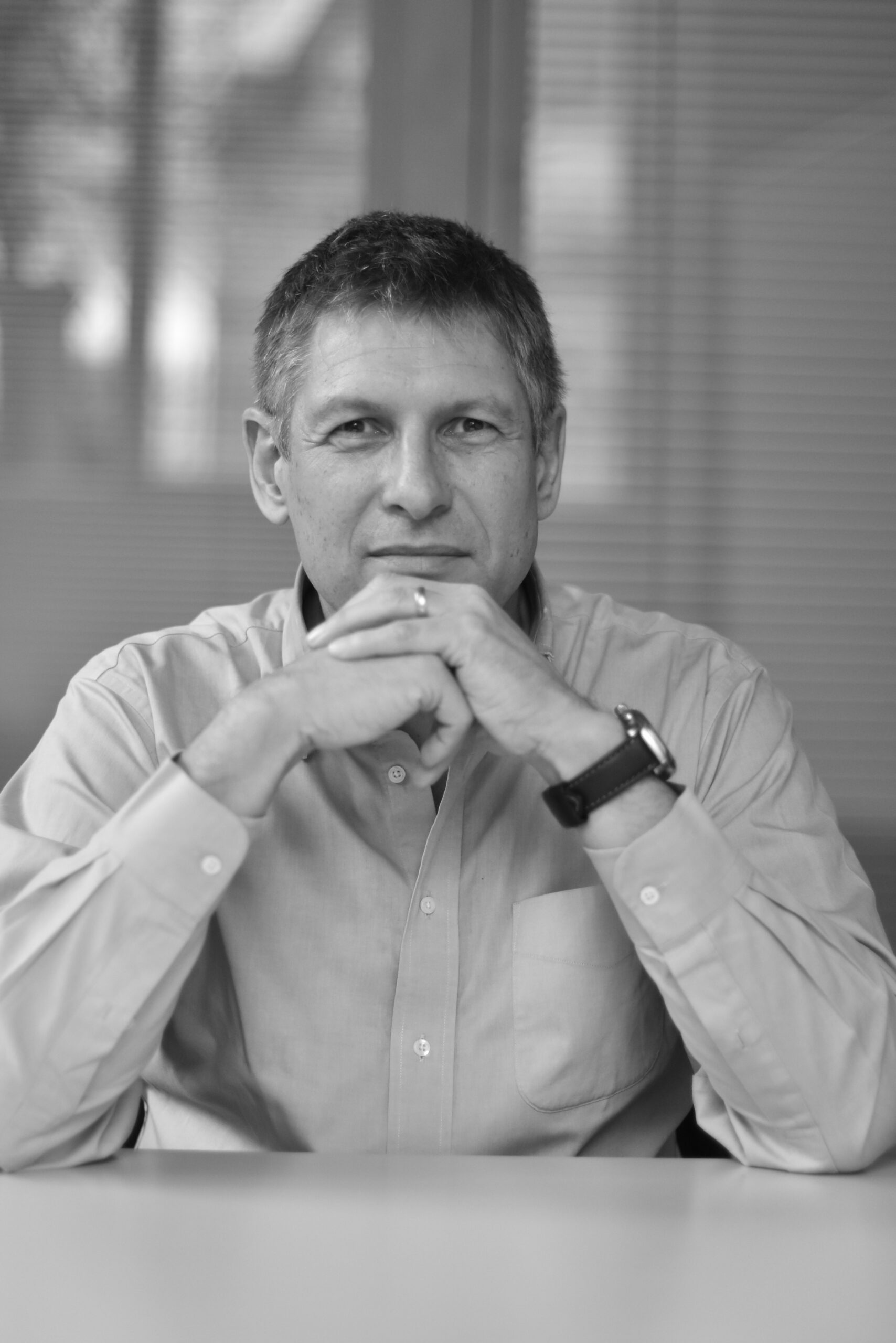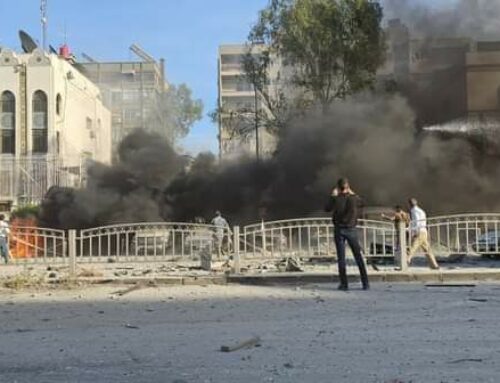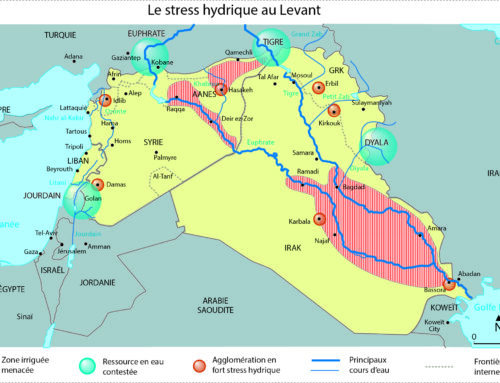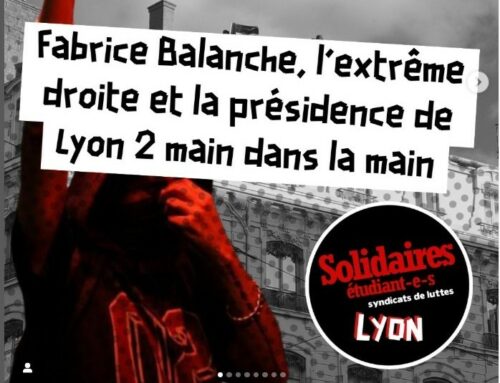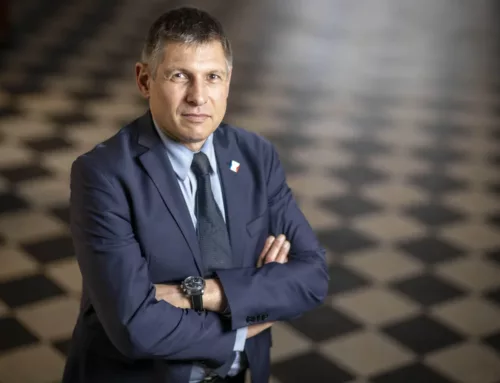Fabrice Balanche, lecturer in geography at Lyon 2, is the guest for 6 minutes for his book, Lessons from the Syrian Crisis, published by Odile Jacob. The interview is carried out by Paul Terra, on March 11, 2024, for LYON CAPITALE
Lyon Capitale: You are a lecturer in geography at Lyon 2, you are also an associate researcher at the Washington Institute, you are a specialist of Middle East and particularly Syria. On March 6, you just published this book “Lessons from the Syrian crisis”. Does this mean that this crisis is over today, we no longer talk much about Syria. Is it over for you?
No, of course, the crisis is not over, other crises have arrived, Ukraine and Gaza, which overshadow it today. However, what happened in Syria is very interesting because it’s the end of 25 years of Western hegemony over the world, since the fall of the Soviet Union. The West has not succeeded in changing the regime of Bashar al-Assad. The Russians intervened in Syria, allied themselves with the Iranians and obtained Chinese support. We had the creation of this Eurasian bloc which, nowadays, feels stronger, as the war in Ukraine shows. Turkey joined this axis in 2016, it is present in Libya and intervenes in Armenia alongside Azerbaijan against Karabakh. We therefore have a general retreat from the West. This is very clear for France, which is losing its positions in sub-Saharan Africa (Niger, Mali and Burkina Fasso), because the Russia-China-Iran troika seeks to reduce Western influence and quite simply to replace us. However, it was in Syria that this began.
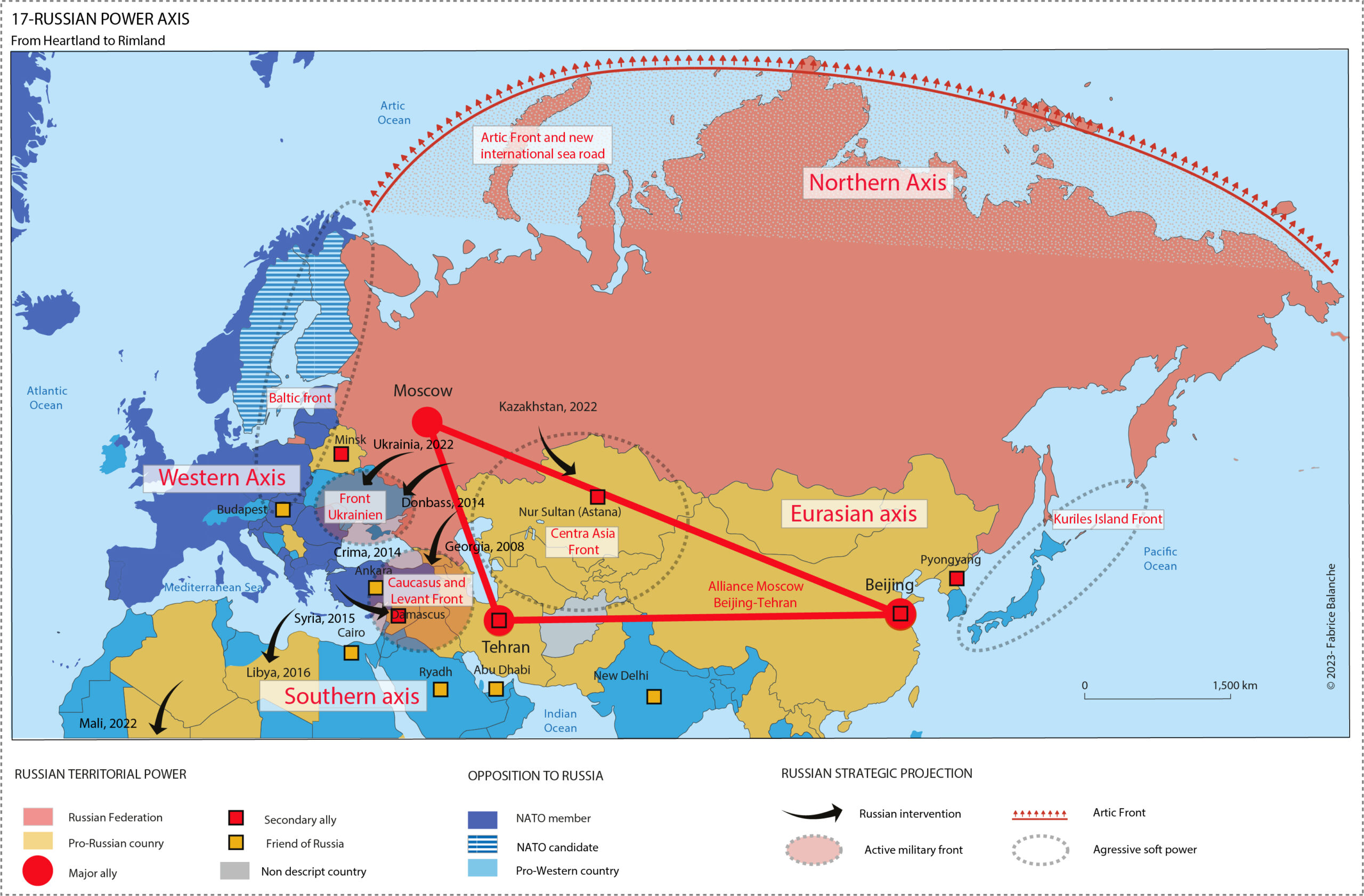
Lyon Capitale: Why this war? Why didn’t the West win it? There was no real war with Western ground troops. Was the other block that was formed for this occasion stronger? Or did we not want to go all the way? Is it a battle that was not fought or a battle that was lost?
It was a battle that was lost because we refused to send ground troops due to the failure of Iraq. The United States maintained more than 200,000 soldiers in Iraq between 2003 and 2011 with enormous losses, more than 3,000 dead and tens of thousands injured, this is no longer acceptable for Western armies. A democracy like the United States or France today cannot afford to sacrifice hundreds of men in external operations. We must not forget that one of the reasons for Trump’s victory in the United States in 2016 is that American society did not want to plunge back into a conflict abroad which had mobilized its children.
Lyon Capitale: The Americans no longer want to be the policeman of the world as has been said?
They wish to remain the policeman of the world but using proxies. That does it mean they refuse to intervene directly. However, in Syria, if we wanted to oust Bashar al-Assad, we had to do something like in Iraq in 2003: to send at least 100,000 men to bring down the regime and then try to stabilize the country. However, we were not ready for such an investment. Joe Biden, who at that time was the vice-president, had declared this himself.
Lyon Capitale: The big lesson of the Syrian crisis for you is the construction of this Eurasian axis built by the authoritarian Russian, Chinese and Iranian regimes, and its emergence as a bloc potentially as powerful as the West?
Absolutely, it was really in Syria that this alliance was formed which proved victorious. The West had fallen asleep a little after the intervention in Libya. Westerner leaders thought that the Syrian rebellion would take away the Syrian regime. Take again the declarations of Alain Juppé and Laurent Fabius, both the French Ministry of Foreign Affairs, at that time, who affirmed that the regime only had 15 days left, then that it would have fallen before Christmas 2012. They had not understood its real nature and its powerful resilience.
Lyon Capitale: But it was also in line with the Arab Spring…
Yes, we thought it was a domino effect. Diplomats and analysts pinned the Tunisian situation in Syria when it was completely different. They have forgotten the sectarianism which structured Syrian society. This Alawite community, which supports Bashar al-Assad and controls the army, risked being eliminated by the rebellion in the event of a regime change. Because it was a Sunni Arab opposition, increasingly Islamist which ended up falling into jihadism.
Lyon Capitale: In your opinion, what we have seen since, in international geopolitics, is ultimately only the extension of the emergence of this Eurasian bloc, particularly the war in Ukraine, where the Europeans and the Americans arm the Ukrainians against the Russians. As for Moscow, it is supported militarily by Tehran and Pyongyang and economically by Beijing. Are we really following what we saw in Syria?
Yes, we are in this process. Some see it as a return to the 1930s: the Spanish Civil War, the conquest of Manchuria by Japan and then the elimination of Czechoslovakia by Hitler. We have similarities, but we have to be very careful. History is not an eternal repetition. It is wiser to take from History only what allows us to explain the present.
However, we obviously observe that this Eurasian bloc is on the rise. And it ultimately takes advantage of our lack of knowledge of local societies. If Bashar al-Assad was able to stay in power, it is because he mastered his regime and understood Syrian society, while the West ignored the local situation. So our leaders bet on the wrong horses. They didn’t use the right methods to bring him down. In sub-Saharan Africa, if France is marginalized, it is because it also, and paradoxically, lacks knowledge about this region of the world, despite the density of its diplomatic network. Researchers and diplomats are not on the ground anymore. They stay in their offices, they consult social networks and rely on second-hand information which they analyze through ideological prisms. We need realistic field research that would allow us to understand these societies, which is why we are losing our influence. It is urgent to know why Malians and Nigeriens are giving in to the sirens of the Russians and Chinese.


